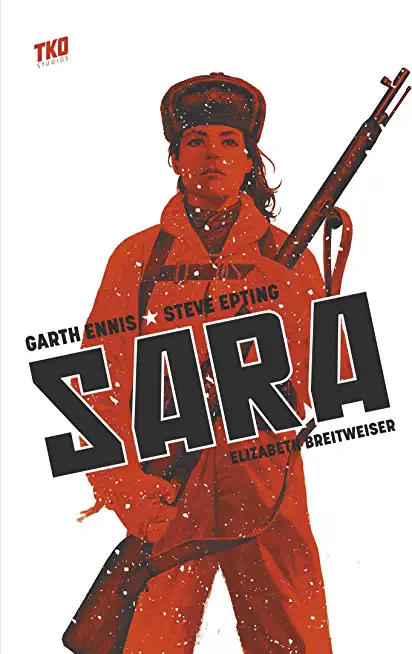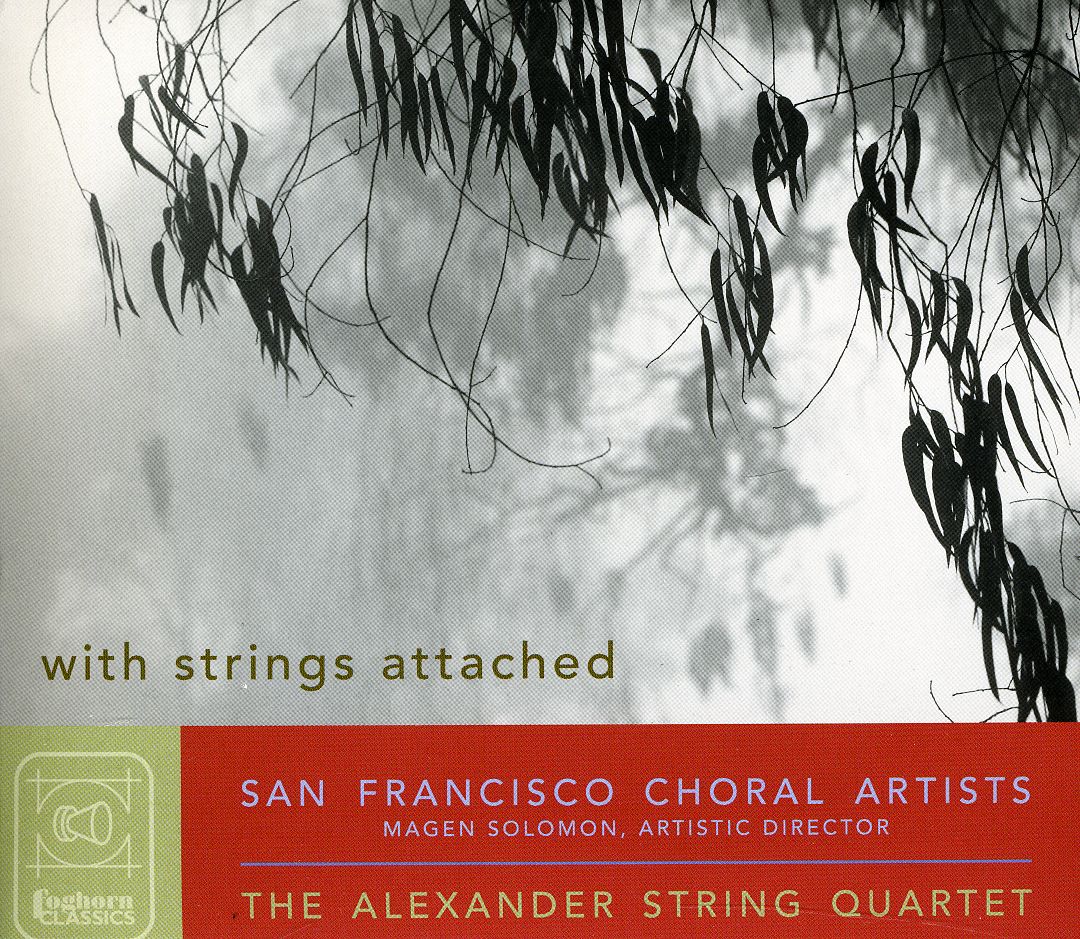
description
aphy? At the turn of the twentieth century, Edward Curtis began creating romantic images of American Indians, and his works--along with pictures by other non-Native photographers--came to define the field. Yet beginning in the second half of the nineteenth century, American Indians themselves started using cameras to record their daily activities and to memorialize tribal members. Through a Native Lens offers a refreshing, new perspective by highlighting the active contributions of North American Indians, both as patrons who commissioned portraits and as photographers who created collections. In this richly illustrated volume, Nicole Dawn Strathman explores how indigenous peoples throughout the United States and Canada appropriated the art of photography and integrated it into their lifeways. The photographs she analyzes date to the first one hundred years of the medium, between 1840 and 1940. To account for Native activity both in front of and behind the camera, the author divides her survey into two parts. Part I focuses on Native participants, including such public figures as Sarah Winnemucca and Red Cloud, who fashioned themselves in deliberate ways for their portraits. Part II examines Native professional, semiprofessional, and amateur photographers. Drawing from tribal and state archives, libraries, museums, and individual collections, Through a Native Lens features photographs--including some never before published--that range from formal portraits to casual snapshots. The images represent multiple tribal communities across Native North America, including the Inland Tlingit, Northern Paiute, and Kiowa. Moving beyond studies of Native Americans as photographic subjects, this groundbreaking book demonstrates how indigenous peoples took control of their own images and distinguished themselves as pioneers of photography.
member goods
No member items were found under this heading.
Return Policy
All sales are final
Shipping
No special shipping considerations available.
Shipping fees determined at checkout.







